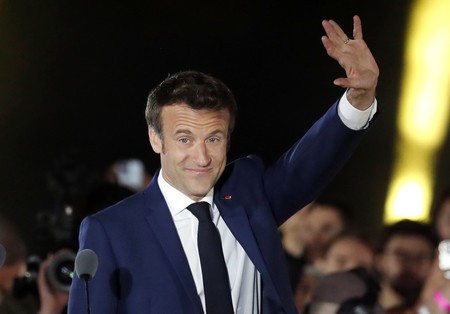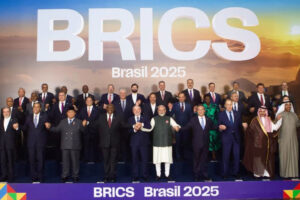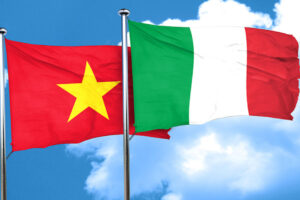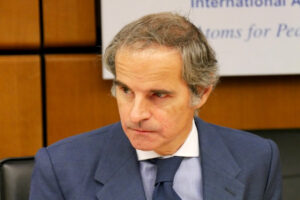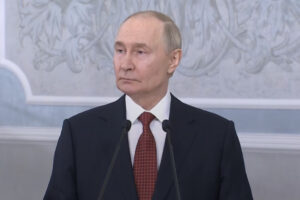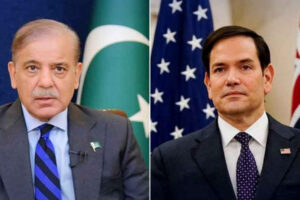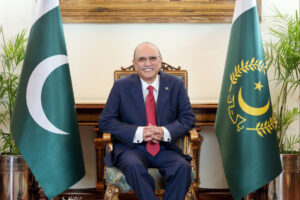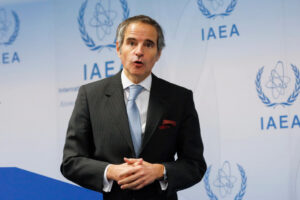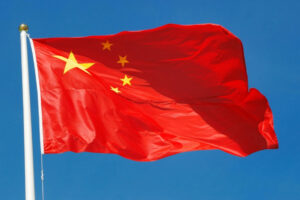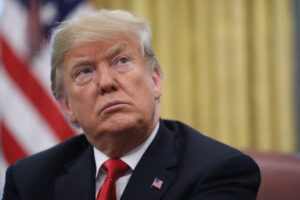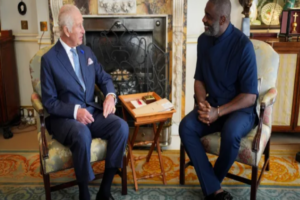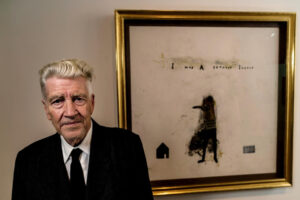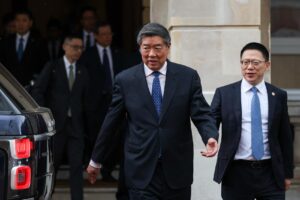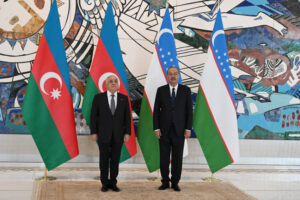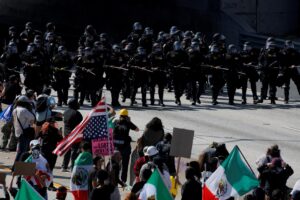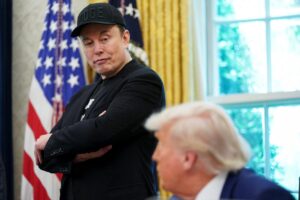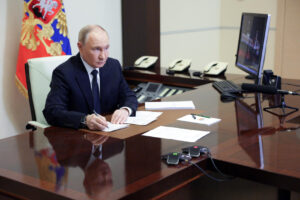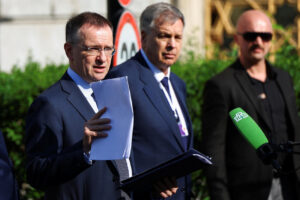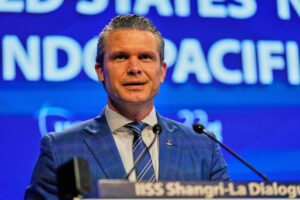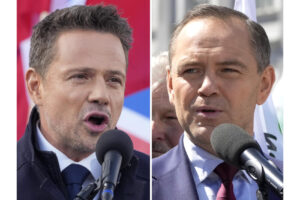Tokyo, 25 April, /AJMEDIA
French President Emmanuel Macron was re-elected as the country’s leader for the next five years in Sunday’s election, beating far-right politician Marine Le Pen.
His victory in the second round of the presidential voting is expected to maintain France’s steady support for the European Union and the North Atlantic Treaty Organization at a time of geopolitical uncertainty amid the war in Ukraine and the coronavirus pandemic.
In addition to the stark divergence in their views on France’s ties to the two organizations, Macron, 44, and Le Pen, 53, also differed on domestic issues such as national identity, immigration and the public wearing of Muslim headscarves.
Preliminary final results showed about 59 percent favored Macron of the Republic on the Move party over the National Rally leader, who garnered 41 percent. He was the first French president to win re-election since Jacques Chirac in 2002.
The outcome was a repeat of the last match-up between the two in 2017, but the margin of votes was much narrower, illustrating the public’s discontent with the centrist incumbent.
Le Pen secured the best result that the extreme-right had received in a presidential election. In 2017, Macron got a 66 percent share of the vote against 34 percent for Le Pen.
Macron said in a speech in front of the Eiffel Tower that he understands that “the anger and disagreements” among voters led to support for the far right and that he “must find an answer.”
Although Le Pen acknowledged her defeat in a rally, she said that “tonight’s result represents a resounding victory” given the increased support for her.
Voter turnout was about 72 percent, the second-lowest since 69 percent in the 1969 presidential race.
In the run-up, both needed to garner the support of those who did not back them in the first round. But calls to “block Le Pen” echoed across most of the political spectrum due to concerns over her hardline positions toward immigrants, asylum seekers, foreigners and religious groups, particularly Muslims.
The hardline nationalist and Eurosceptic politician was unable to breach the front against her despite her efforts since her 2017 loss to rebrand her image by changing her party’s name and expelling her virulently anti-Semitic father.
Le Pen had focused on bread-and-butter issues as the French grapple with inflation and rising costs.
She portrayed herself as the politician who truly understood the suffering of low and middle income voters, contrasting herself with the pro-business Macron.
Macron’s win averted what critics feared would reverse liberal democratic norms, hobble the EU and break a united front against Russia at a particularly grave time for the continent with Moscow’s invasion of Ukraine.
The specter of a Le Pen victory led Germany’s Chancellor Olaf Scholz, Spain’s Prime Minister Pedro Sanchez and Portuguese Prime Minister Antonio Costa to urge the French to vote for “the democratic candidate” in a joint opinion piece in the Le Monde newspaper on Thursday — a rare intervention in another country’s national election.
France holds the rotating presidency for the Council of the EU until June.
Macron framed the election as one that is “for or against” the EU and had also promised to push for full employment. He had castigated Le Pen for her party’s loans from a bank with Russian ties in 2014, calling Moscow her “banker.” Her 2017 meeting with Russian President Vladimir Putin had brought accusations that she is comfortable with autocrats.

